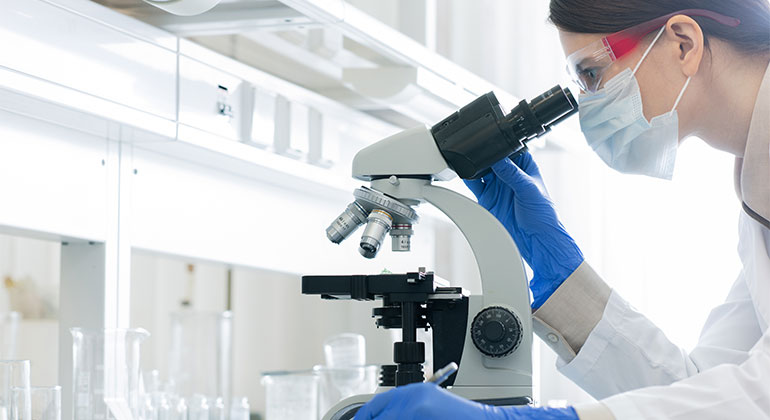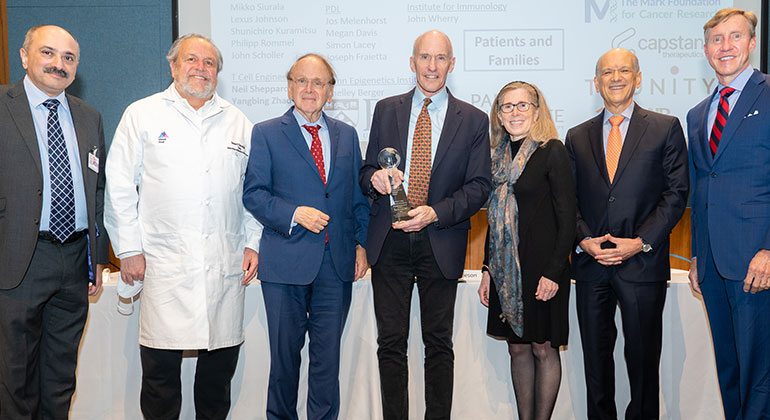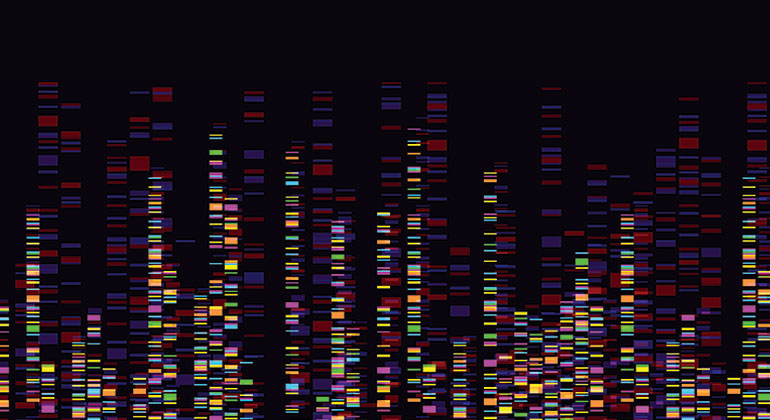"11 High Blood Sugar Signs And Symptoms To Watch Out For" - Korin Miller
Higher blood sugar - hyperglycemia - occurs when the level of glucose in your blood becomes elevated. We get our glucose from food, and most foods we eat impact our blood sugar in one way or another. Luckily, high blood sugar isn't something most of us have to worry about. "Our body is pretty resilient to controlling blood sugar levels, especially when they're high," said Deena Adimoolam, MD, assistant professor of medicine, endocrinology, diabetes and bone disease at the Icahn School of Medicine at Mount Sinai. Normally when you eat something sugary or carb-filled, your pancreas makes insulin, a hormone that your body needs to process glucose. Any glucose that's leftover is stored in your liver to make sure that it's not hanging around in your bloods. And, Dr. Adimoolam said, this system works pretty darn well in non-diabetic healthy adults. "A normal person who has no problem with their ability to control glucose should never become significantly hyperglycemic," she said. If you've developed insulin resistance or have diabetes, however, your body isn't as great at producing the insulin you need to process glucose, which means you're most at risk for having blood glucose levels that are dangerously high.
- Deena Adimoolam, MD, Assistant Professor, Medicine, Endocrinology, Diabetes and Bone Disease, Icahn School of Medicine at Mount Sinai

Researchers Identify Potential Target for Treatment Among Patients With Type 2 Diabetes
Aug 04, 2022 View All Press Releases

